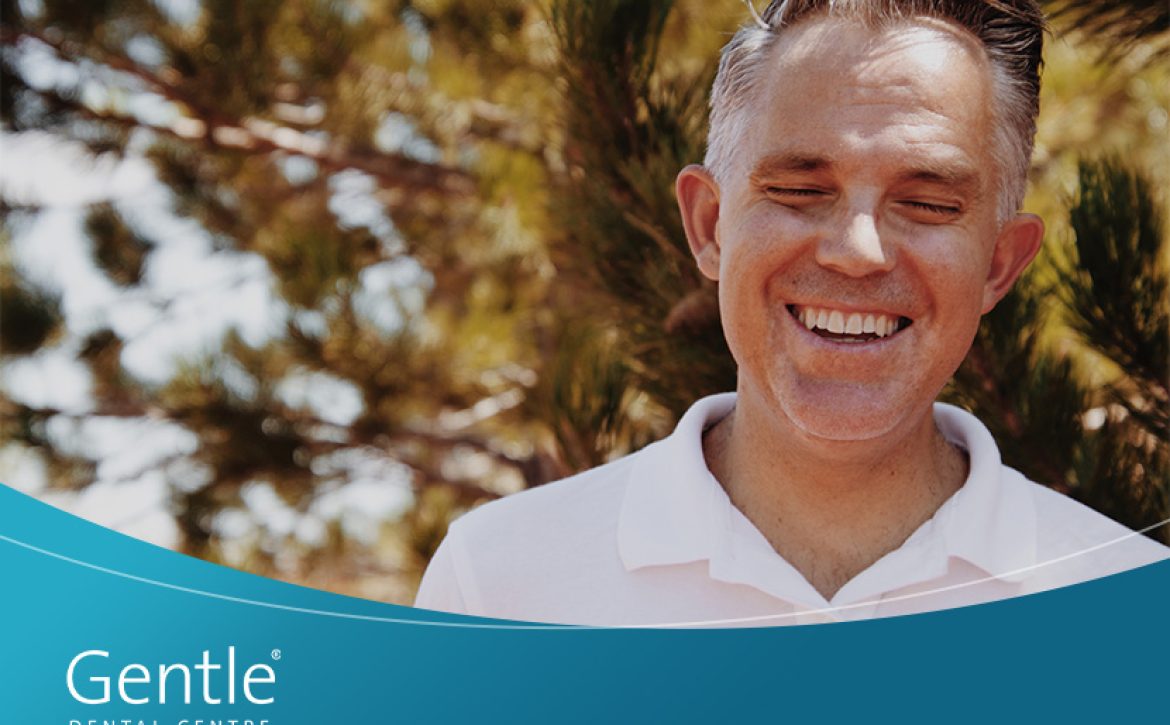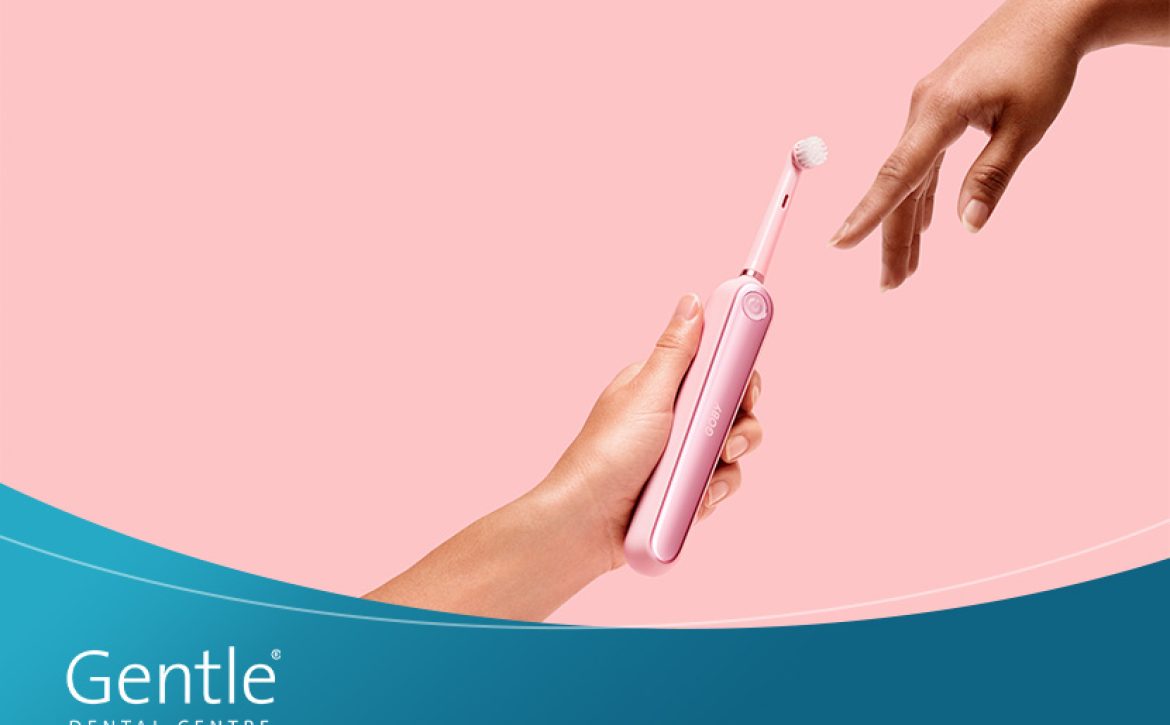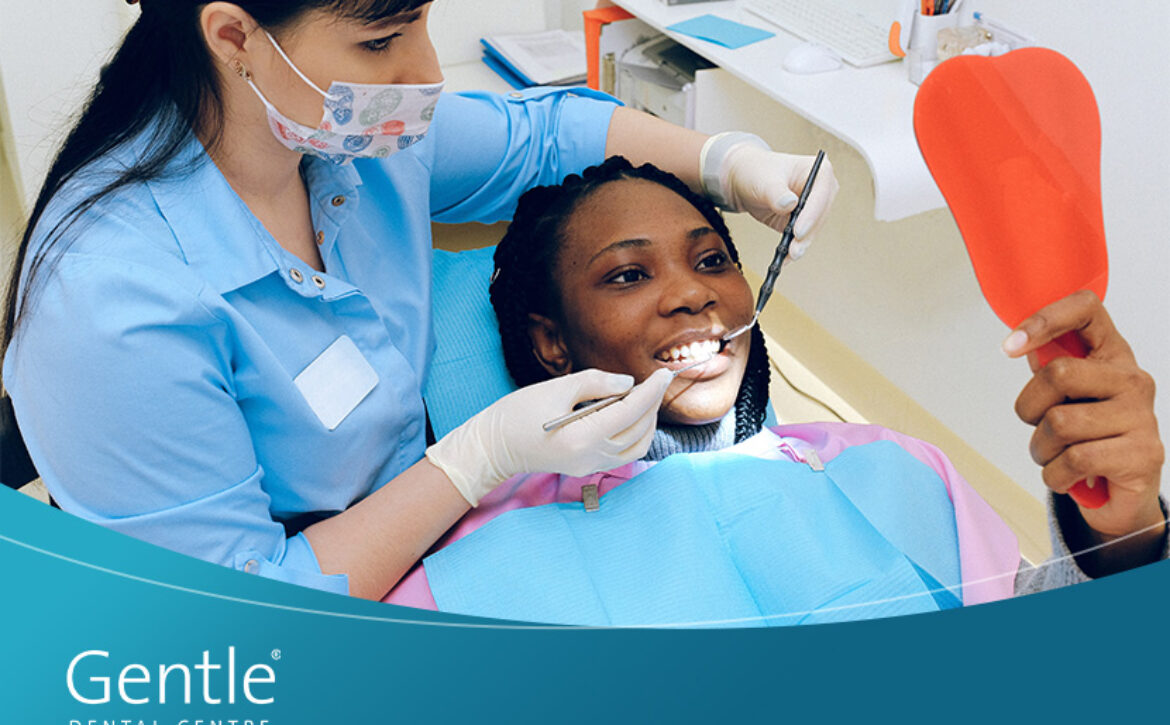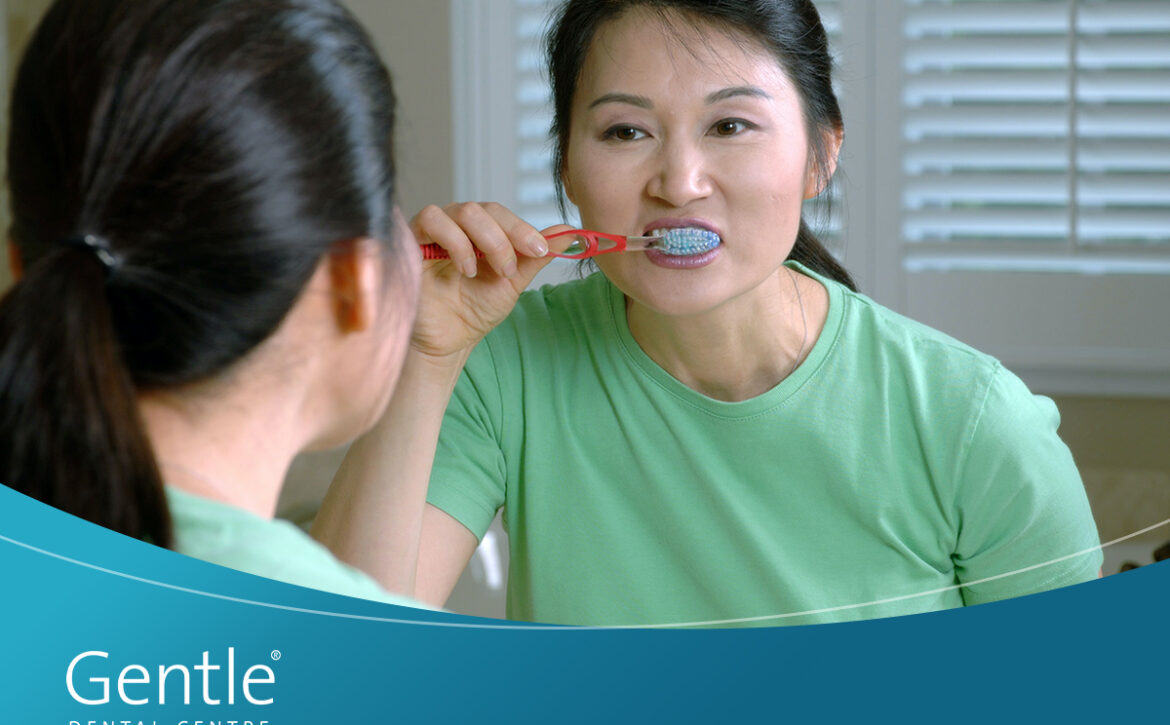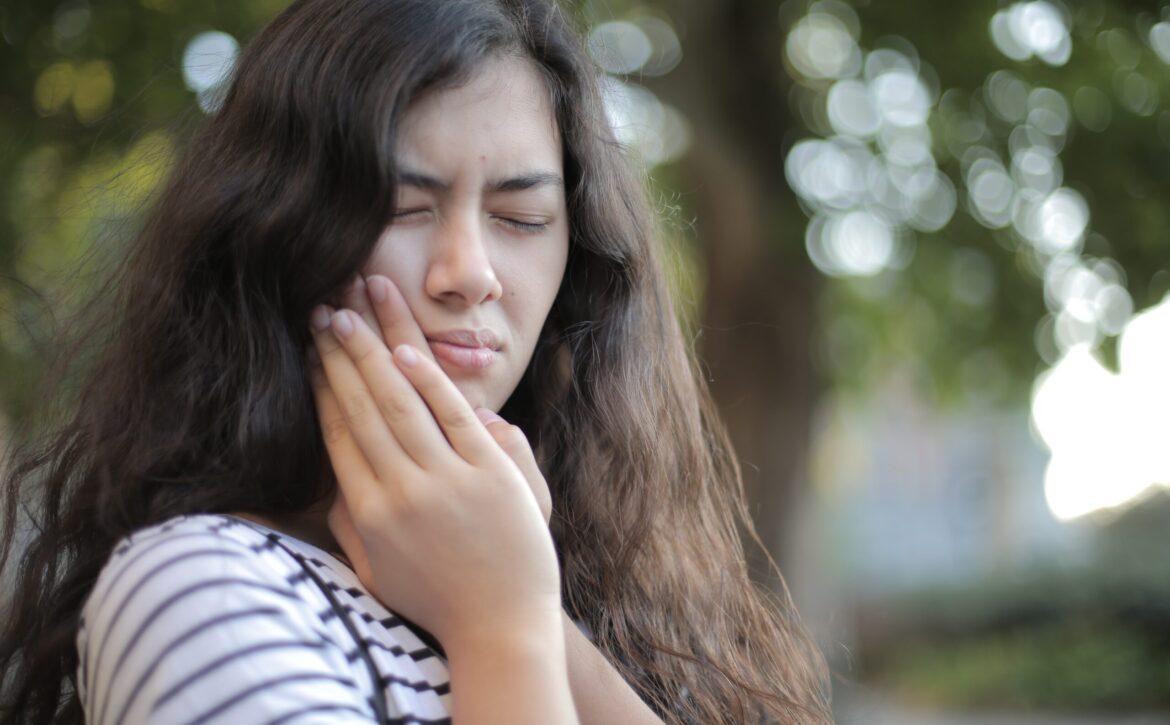How to Treat Bad Breath
Bad breath, also known as halitosis, can be embarrassing. It can impact your self-esteem and make you not want to get physically close to other people. The good news is that improving your dental hygiene is one simple way to make your mouth feel and smell clean. In more persistent or severe cases, bad breath may be a sign of an underlying health condition. Read on to discover the causes and treatment for halitosis.
What causes bad breath?
There is no one single cause of bad breath.
Foods
Certain foods, such as onion and garlic, can make your breath smell bad temporarily as the strong smells of these foods can linger in your mouth, on your tongue and in your stomach.
Poor Oral Habits
If you find that your breath smells (and not just after eating food) it may be poor oral hygiene habits. After we eat, small particles of food get stuck between our teeth and gums. Brushing in the morning and again in the evening helps to remove this food. Without proper and frequent brushing and flossing, these food particles can start to smell as bacteria collects on the teeth, tongue and gums.
Smoking
Smoking is another major contributor to bad breath. Nicotine and tobacco products have a strong smell and can linger for a long time on your teeth, tongue and gums.
Medication
If you suffer from halitosis and nothing seems to help, your bad breath could be caused by an underlying medical condition or medication side effects. Dry mouth can cause bad breath. Saliva naturally helps to wash away food particles in our mouths. When there is a decrease in saliva production this debris gets left behind and starts to smell.
Gum Disease
Bad breath is also a symptom of gum disease. Periodontitis is a serious type of gum disease that results in inflamed gums, bad breath and an unpleasant taste in the mouth. If your gums are red and swollen, you may have early signs of gum disease and should see your dentist immediately.
Tonsil Stones
Tonsil stones are caused by food getting stuck in the tonsils and hardening into calcium deposits. These can sometimes contribute to bad breath.
Bacteria
A buildup of bacteria on the tongue can cause bad breath. If you experience a white film at the back of your tongue this may be odor-causing bacteria. This bacteria can interact with some amino acids and produce an unpleasant sulphur smell.
Dentures
Dentures that aren’t cleaned correctly can harbour bacteria, food particles and plaque just like our natural teeth do. This can contribute to bad breath.
Health conditions
As our mouth is connected to other areas of the body, bad breath isn’t only caused by poor oral health. Respiratory infections, diabetes, liver or kidney disease, nasal drip, bronchitis, and ear, nose and throat infections can all cause our breath to smell.
What does it mean if I have bad breath all the time?
It’s normal to experience bad breath from time to time. However, if you suffer from halitosis regularly you should see your dentist first to check for signs of gum disease. They will be able to examine your teeth and gums and may recommend that you see a dental hygienist for a thorough mouth clean.
Bad breath can indicate that you aren’t taking care of your oral health. If this is the case, start brushing and flossing your teeth twice a day and booking in for dental visits every six months.
If your teeth and gums are healthy and well cared for, your bad breath could be a medical-related problem. If you’re on medication that causes dry mouth, speak to your doctor about the side effects. Drinking water regularly can help alleviate some of the discomfort and the smell of bad breath. Book in for a general checkup and talk to your doctor about your halitosis. Problems with your stomach, throat, ears and nose can also cause bad breath.
How do I prevent bad breath?
Studies show that around 30% of people worldwide experience halitosis. Many of these cases are caused by poor dental hygiene. Improving your oral health habits is the easiest way to work out whether your halitosis is quickly treatable.
Brush and Floss Every Day
Plaque builds up on our teeth every day from the foods we eat and collects bacteria which causes bad breath. Trapped food can also start to break down and will smell if not dealt with. You can improve the smell of your breath by simply brushing for two minutes morning and night, and flossing once per day.
Drink More Water
Water helps to flush away the food particles which break down in our mouths. Coffee can also cause bad breath as the smell lingers on the back of the tongue. Alleviate these food smells from your mouth by drinking water after your morning coffee and having a glass of water at lunch or after you snack.
Mouthwash
Mouthwash can help to freshen your breath and rid your mouth of bacteria. While it’s not a necessary step, it can help your mouth feel more fresh.
Scrape your tongue
Odor-causing bacteria can build up at the back of the tongue and begin to smell. Scraping your tongue after you brush your teeth will help alleviate bacteria, food and dead cells. You can use your toothbrush or buy a tongue scraper. These are designed to apply even pressure across the back of the tongue and are easier to fit into the back of your mouth than a toothbrush.
Book in for a dental appointment
Booking in for regular dental appointments will ensure that your teeth, mouth and gums are healthy. If you are experiencing bad breath it could be a sign of early gum disease. Early treatment is recommended. Book a dental appointment now with Gentle Dental.


